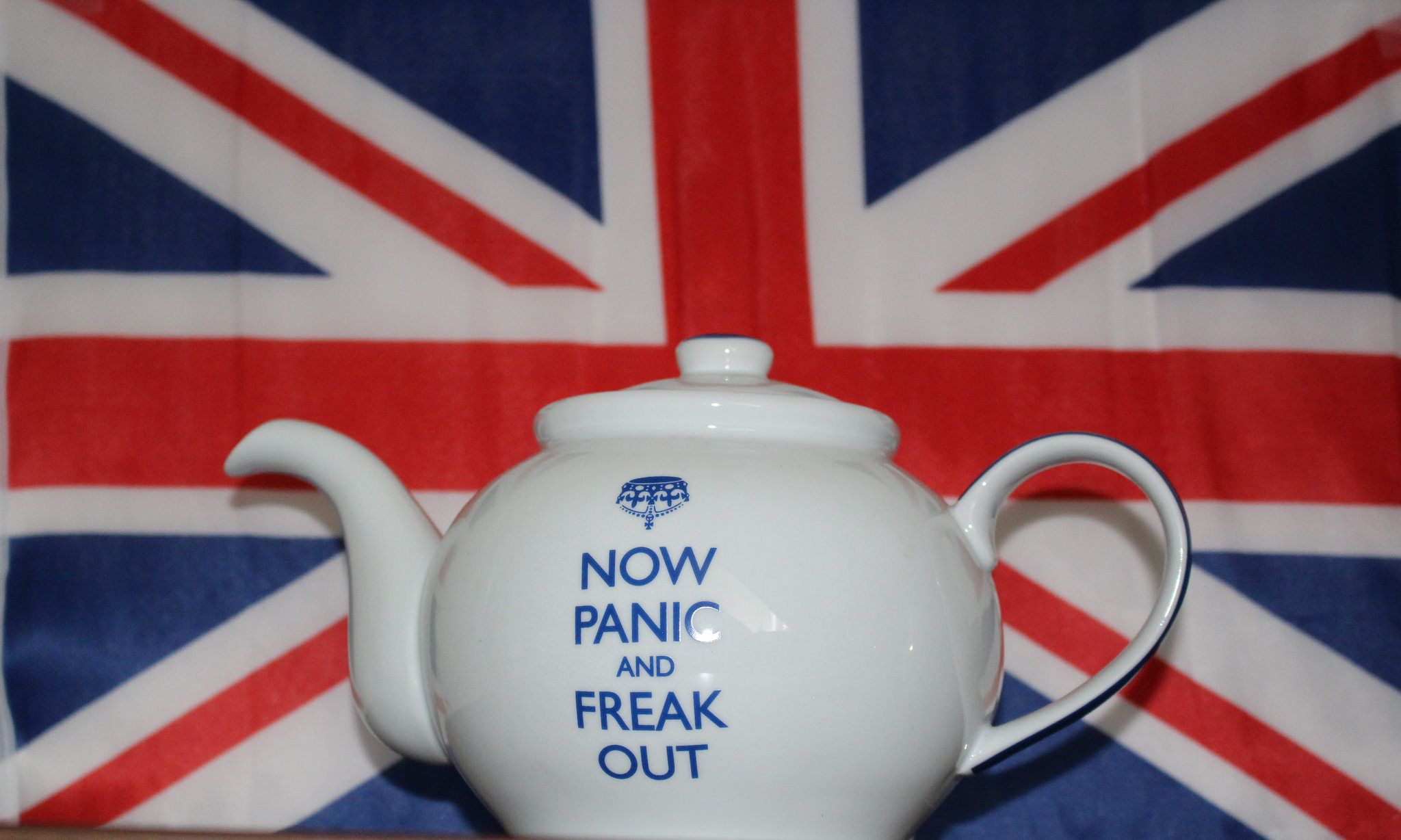After the shock of the Brexit referendum result, observers from across the English Channel are likely to be rather confused by the chain of events now convulsing British politics. No sooner had the Leave campaign won its unexpected victory than Boris Johnson, Nigel Farage and Michael Gove fled for the hills, disowning all responsibility for the aftermath. David Cameron has tendered his resignation and – after a Conservative Party leadership election completed in record time – he will be succeeded by his interior minister Theresa May, most famous for her draconian treatment of immigrants and refugees and her desire to withdraw Britain from the European Convention on Human Rights. And, just at the moment when a united and competent opposition seems most essential, the Labour Party is descending into civil war.
The battle lines for this conflict were already drawn last September when, following Ed Miliband’s defeat in the 2015 general election, veteran Leftist Jeremy Corbyn won an overwhelming majority in the party’s leadership contest. At the outset of the campaign his victory was entirely unpredicted; he only made the requisite number of nominations from MPs after his opponents transferred some of their support to him, thinking this would be a harmless gesture of inclusion to the party’s Left. In fact, his candidacy launched a tidal wave of activism – especially amongst young voters, many of whom joined the party specifically to vote for him – comparable to Bernie Sanders’ bid to become US Democratic presidential nominee. Yet, whereas Sanders eventually conceded to the establishment frontrunner, Corbyn won an absolute majority in the first round of voting and has now led the party for almost a year.
Ever since his victory there have been mutterings of rebellion amongst Labour MPs. Although many see it as travesty enough that a man who has never publicly renounced his Trotskyism is now leading the party of Blair and Brown, their reasons are personal as well as political. Corbyn consistently voted against his party leadership during the New Labour years, most famously heading the small minority who opposed the 2003 invasion of Iraq. Many ask why they should now show loyalty to a man who has spent two decades bucking the party line, and for these people the perception of Corbyn’s lacklustre effort in the EU referendum campaign has been the last straw. After a fortnight of mediation efforts came to nothing, the relatively obscure Angela Eagle MP has been the first to declare a leadership challenge. The knives are finally out for Corbyn and his circle.
This looming conflict has the potential to reshape the entire UK political landscape. Something distinguishing British Labour from its continental counterparts is that, in over a century of existence, it has thus far avoided the acrimonious schisms that have divided the social-democratic and radical Left on the continent. The 1981 Gang of Four breakaway notwithstanding (the Social Democratic Party created from this split ended up merging with the Liberals before the end of the decade) Labour has remained the only major voice of socialism in British politics. Now, with a centrist majority of MPs pulling one way and the decidedly pro-Corbyn grassroots – centred on the new pressure group Momentum – pulling the other, the party looks ready to rip down the middle. Of the two resulting factions, one will have plenty in common with the Liberal Democrats and the reformist wing of the Tories, whilst the other will find its ideological bedfellows in the Greens, the Scottish National Party and Plaid Cymru.
Nasty divorces are clearly the order of the day in British politics. If Labour does split, there will a sense of relief on both sides that each group is no longer inhibited by the other. Nevertheless, for those of us who believe that compromise is not necessarily an evil, that collaboration between different opinions generally leads to a better end-result, and, ultimately, that being a player in the game is preferable to puritanical exile, there will be no small cause for sadness here. For all its faults, the Labour Party has been the initiator of most progressive changes in this country for the last hundred years. Following the Brexit vote, it would be another huge blow to the UK if it ceases to exist.
You can download the article in PDF here.
James Bartholomeusz (1992) is from the United Kingdom and is a policy officer at the Project for Democratic Union.


